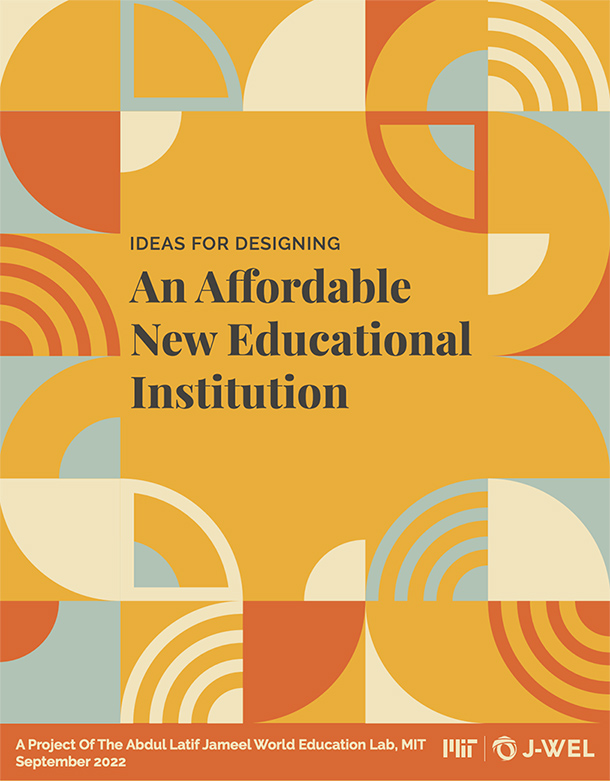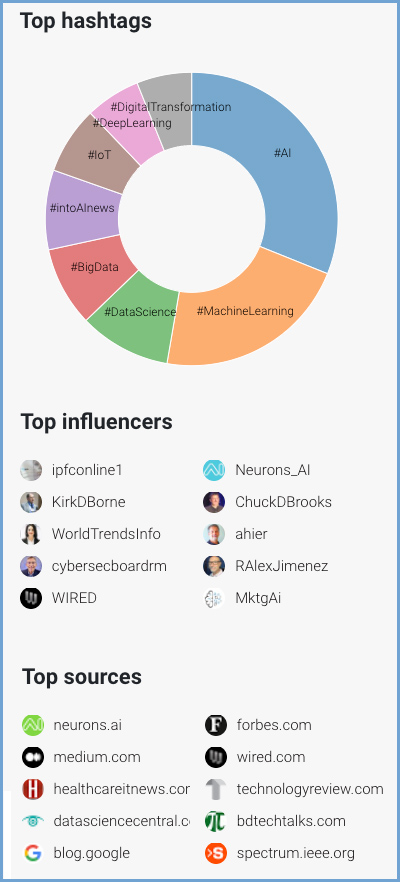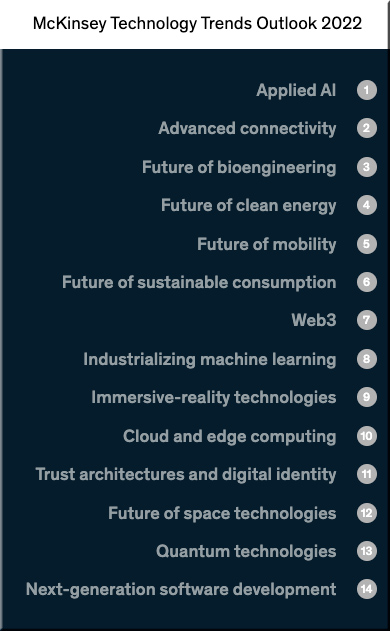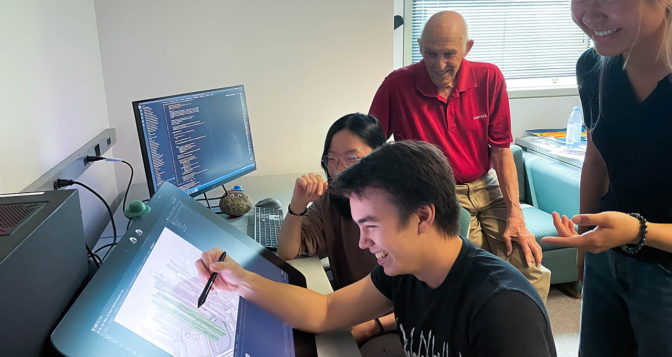This Copyright Lawsuit Could Shape the Future of Generative AI — from wired.com by Will Knight
Algorithms that create art, text, and code are spreading fast—but legal challenges could throw a wrench in the works.
Excerpts:
A class-action lawsuit filed in a federal court in California this month takes aim at GitHub Copilot, a powerful tool that automatically writes working code when a programmer starts typing. The coder behind the suit argues that GitHub is infringing copyright because it does not provide attribution when Copilot reproduces open-source code covered by a license requiring it.
…
Programmers have, of course, always studied, learned from, and copied each other’s code. But not everyone is sure it is fair for AI to do the same, especially if AI can then churn out tons of valuable code itself, without respecting the source material’s license requirements. “As a technologist, I’m a huge fan of AI ,” Butterick says. “I’m looking forward to all the possibilities of these tools. But they have to be fair to everybody.”
Whatever the outcome of the Copilot case, Villa says it could shape the destiny of other areas of generative AI. If the outcome of the Copilot case hinges on how similar AI-generated code is to its training material, there could be implications for systems that reproduce images or music that matches the style of material in their training data.
Also legal-related, see:
- Columbia, Georgetown and Stanford Law Schools Quit ‘U.S. News’ — from insidehighered.com by Scott Jaschik
Also related to AI and art/creativity from Wired.com, see:
- Picture Limitless Creativity at Your Fingertips — by Kevin Kelly
Artificial intelligence can now make better art than most humans. Soon, these engines of wow will transform how we design just about everything. - This Uncensored AI Art Tool Can Generate Fantasies—and Nightmares — by Will Knight
Open source project Stable Diffusion allows anyone to conjure images with algorithms, but some fear it will be used to create unethical horrors. - Who Will Own the Art of the Future? — by Jessica Rizzo
OpenAI has announced that it’s granting Dall-E users the right to commercialize their art. For now.










.png)




